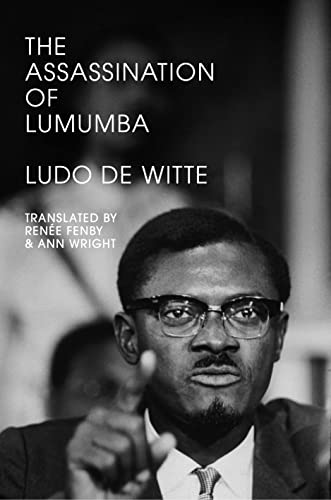What do you think?
Rate this book


256 pages, Paperback
First published January 1, 1999
"During the 80 years of colonial rule, we suffered so much that we cannot remove the scars of the memory. We were forced into slave labor for wages that do not even allow us to eat enough to ward off hunger, or to find housing, or raise our children and loved ones who are ..."We have suffered ironies, insults and beatings just because we are black ... Who can forget the massacres of many of our brothers, or the cells in which they have put those who do not submit to oppression and exploitation? Brothers, this is the way our life has been."